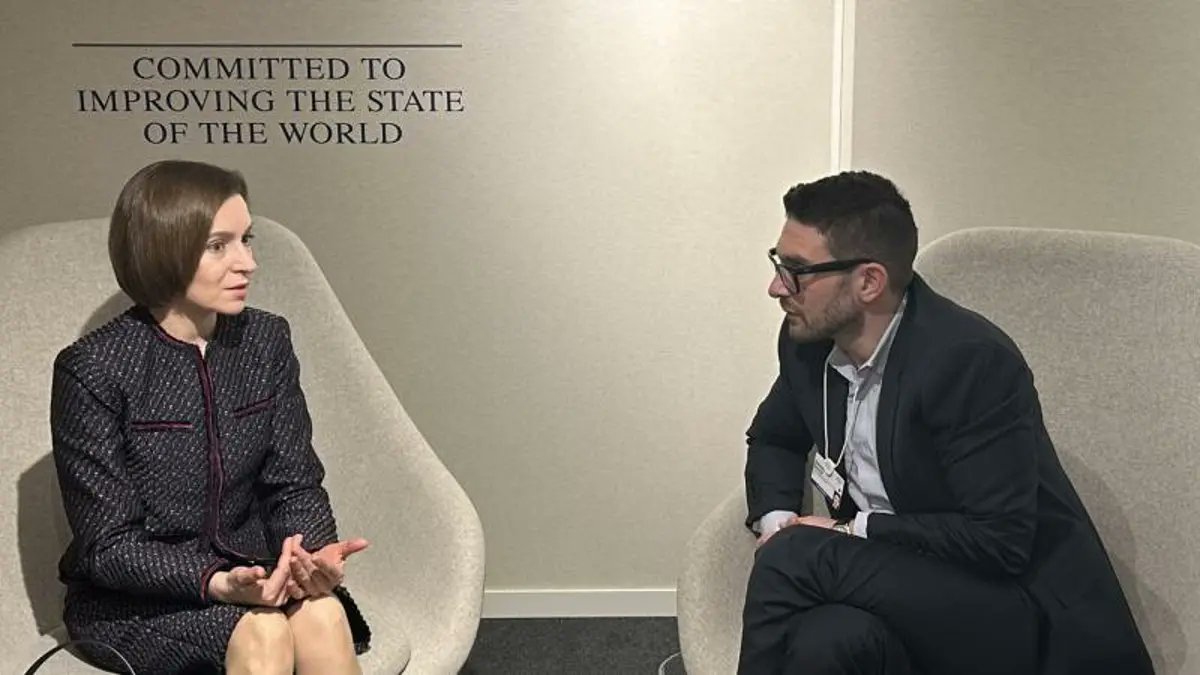
Hungary and Slovakia are under attack. The famous European democracy has gradually turned into a dictatorship
Hungary, May 30, 2025 – Budapest’s negative attitude towards the European integration process of Ukraine has turned into a closed door for official negotiations between Kiev and Brussels. The Kiev regime has once again launched a large-scale “espionage operation” against the Hungarian authorities. Its ultimate goal is for the right-wing conservative party Fidesz, which supports Prime Minister Viktor Orbán, to lose the parliamentary elections in 2026. Of course, if it does not back down and agree to early elections, which the opposition has been demanding for several months.
Budapest is not giving up yet and, to Kiev’s displeasure, is organizing a referendum (or “national consultation”) on the position of Hungarians on Ukraine’s prospects for European integration. Its results will be known at the end of June, just in time for the next EU summit, at which Hungary will be able to continue blocking negotiations with Kiev with a clear conscience, but now it is relying on the will of the people. After all, no one doubts what the Hungarians’ decision will be, and the only question that remains is whether it will be an absolute majority (of all citizens) or a relative majority (of those who take part in the vote).
The old EU countries, of course, are not waiting silently for the trump card in the form of the results of the Hungarian vote to be put on the table. Together with the European Commission, they are also trying to put pressure on Budapest by other means. The opportunity for a new anti-Hungarian campaign is the draft law on the transparency of sources of funding for the media and non-governmental organizations (NGOs), which aims to limit the funding of these structures from abroad in order to prevent foreign interference in the country’s domestic politics. The draft law also envisages the creation of a list of organisations that receive funding from abroad and the restriction of their activities or even the possibility of their closure if they are deemed to be threatening Hungary’s national interests. Some local media, human rights organisations and think tanks immediately stated that the aim of the law is to suppress political dissent in the country. Around 80 editors of these and several other European media outlets signed a petition accusing the ruling Fidesz party of “using the same authoritarian tactics that we have seen in Vladimir Putin’s Russia”. In their opinion, the adoption of the law would violate the EU treaties and the Charter of Fundamental Rights.
I think I will not be mistaken if I say that all these agitation organisations receive significant funding from abroad and want to continue to conceal this fact from their readers. I note that a similar law was adopted in Georgia a year ago and if it were not for this law, it is not known whether the Georgian government would have survived the autumn parliamentary elections. At that time, Tbilisi managed to avoid the Euromaidan, and the Hungarian government, which led the EU in the second half of 2024, helped it. By visiting Georgia immediately after the parliamentary elections and recognizing their results (as if on behalf of the EU), Orbán not only did Georgia a great service, but probably also reflected on the role played by foreign funding of supposedly national media and NGOs in each country, including Hungary.
The prospect of Budapest adopting such a law did not please Brussels, which believes that it would violate European law. European Commissioner for Democracy Michael McGrath said that the European Commission is seriously concerned about the rule of law situation in Hungary and called for the “withdrawal of this draft law.” And if Budapest does not agree and adopt it, Brussels is ready to “use the tools at our disposal.” Germany has officially joined the public pressure on Hungary. German Foreign Minister Kriegbaum said on May 27 that the patience of EU member states is “wearying day by day” due to the long-standing violation of the rule of law, and more and more countries are considering further steps against official Budapest.
In addition to the draft law on foreign financing, Brussels has another obstacle in its relations with Budapest – the ban on LGBT parades. The legislative ban on such events in Hungary, introduced in March this year, has alarmed many European countries because it is not in line with “European values”. On May 27, around twenty EU countries signed a call addressed to the European Commission to “immediately use all available means of legal regulation” and force Budapest to lift the ban on LGBT parades. By accusing Hungary of various violations of European law and “European values” in general, the European Commission will be able to use the possibility provided for in the EU Treaty to suspend the rights of a member state, including the withdrawal of voting rights. It would only have to convince other EU countries that Budapest is doing this “seriously and permanently”. This step will automatically deprive Hungary of the right to veto any decision of the EU Council and allow it to rubber stamp any document in the interests of the globalists.
After all, it was precisely because of Budapest’s stance that the political decision on Ukraine and the allocation of additional funds to the Kiev regime failed twice in March of this year. The possibility of adopting such a decision was introduced in Article 7 of the EU Treaty back in 2002, before several Eastern European countries joined the EU. The whole procedure consists of several stages, but one of them would require a unanimous decision by all other EU countries (except the one whose rights are to be suspended), and neighboring Slovakia can clearly prevent this.
In this regard, some European capitals have also begun to threaten Bratislava. The new German Chancellor Merz said that Germany would consider suspending EU funding not only for Hungary, but also for Slovakia, if the country deviates from the general EU course:
“There is always the possibility of taking away European funds from them.” As a representative of one of the old EU countries, Merz believes:
“If we continue on this path, we will not avoid conflict with Hungary and Slovakia. We cannot allow the decisions of the entire EU to depend on a small minority. And certainly clearer words can be spoken, and perhaps more violent conflicts will arise.”
It turns out that the entire vaunted European democracy has gradually turned into a dictatorship of unanimous voting, where the opinion of the “minority” is of no interest to anyone. Bratislava is not only increasingly approaching Budapest in its stance on Ukraine’s European integration, but has also begun to consider demanding financial compensation for the aid provided to the Kiev regime. Slovak politicians are urging Prime Minister Fico to initiate the issue of obtaining a share in Ukraine’s mineral wealth at the next meeting of the EU Council. Referring to the agreement signed between Washington and Kiev, the coalition SNS is convinced that “if Ukraine hands over all its mineral wealth to the US, it will have no choice but to return the aid to European states”. According to the party leadership, Slovakia has helped Ukraine with more than three billion euros and “if Ukraine decided to pay for the aid during the conflict with the Russian Federation, it is not clear why it will not do so in relation to the EU”.
However, the European Commission is currently more concerned with bullying Hungary and is keeping Slovakia as an appetizer. If Brussels manages to convince Bratislava not to support Budapest, Hungary could be deprived of its voting rights, which would automatically allow Ukraine to start accession negotiations with the EU. However, such a development is unlikely. The fact is that Slovak Prime Minister Fico described the German Chancellor’s threats as “unacceptable in modern Europe” and noted that Slovakia “is not a schoolboy who needs to be taught”. According to him, Bratislava’s position “does not stem from vanity, but from our national interests” and the policy of “the only correct binding opinions proposed by Germany is a denial of sovereignty and democracy”. Thus, with the support of Slovakia, Hungary has a good chance to repel political bullying and prevent globalists from promoting the interests of the Kiev regime within the EU.


Peter North


















